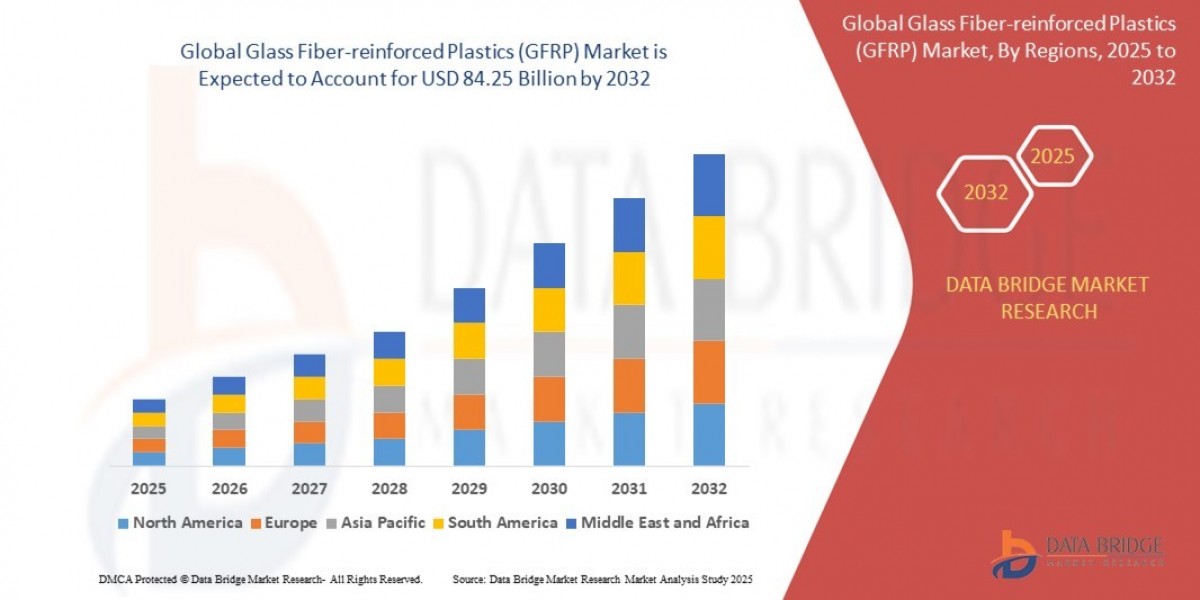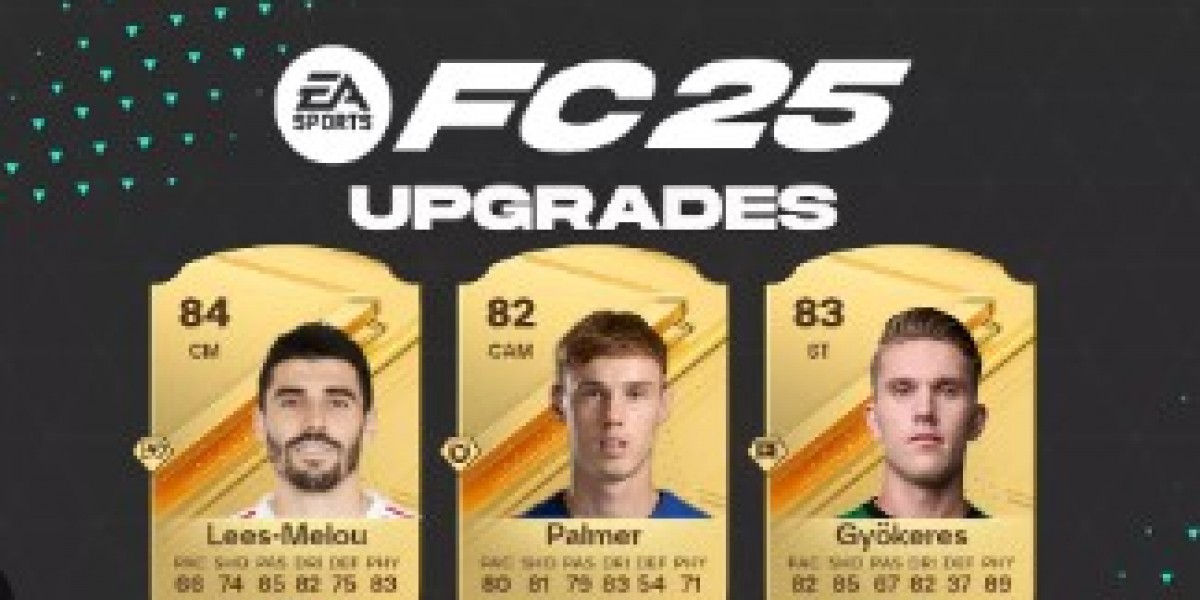The demand for high-quality linen fabric is on the rise. Consumers are increasingly seeking out textiles that are not only durable and comfortable but also produced responsibly. For fashion brands and designers, sourcing certified linen is no longer a niche consideration; it is a critical component of building a transparent and trustworthy supply chain. Understanding the key certifications helps ensure the linen fabric you purchase meets stringent safety, environmental, and ethical standards. This guide details the essential linen certifications every brand should look for when they buy fabric online or from suppliers.
Certifications provide independent verification of a fabric's quality and production process. They offer a reliable way to confirm that the linen fabric is free from harmful chemicals, sourced from sustainably managed farms, and produced under fair labor conditions. For businesses, this translates to reduced risk, enhanced brand reputation, and a stronger connection with conscious consumers. When sourcing linen fabric, these labels act as a guarantee of integrity from raw material to finished product.
Why Certifications Matter for Linen Fabric
Sourcing materials for a collection is one of the most significant decisions a fashion brand makes. For a natural material like linen fabric, certifications provide tangible proof of quality and sustainability. Here’s why they are indispensable:
- Ensures Product Safety: Certifications like OEKO-TEX STANDARD 100 test for harmful substances, ensuring the final linen fabric is safe for consumer use. This is crucial for products that come into direct contact with skin.
- Verifies Sustainability Claims: With greenwashing becoming a common concern, certifications offer credible, third-party validation of a brand's environmental claims. Standards like GOTS and European Flax® confirm that the linen fabric was produced using environmentally sound methods.
- Upholds Ethical Standards: Many certifications include social criteria, ensuring that everyone involved in the production of the linen fabric, from farmers to factory workers, is treated fairly and works in safe conditions.
- Meets Consumer Expectations: Modern consumers are well-informed and demand transparency. Displaying recognized certifications on your products can build trust and loyalty. When they buy fabric online, they are actively looking for these markers of quality.
- Provides a Competitive Advantage: Brands that prioritize certified materials can differentiate themselves in a crowded marketplace. It signals a commitment to quality and responsibility, which can attract discerning customers and retail partners.
OEKO-TEX STANDARD 100: Ensuring Safety and Absence of Harmful Substances
The OEKO-TEX STANDARD 100 is one of the most recognized certifications in the textile industry. It focuses exclusively on the safety of the final product. If a linen fabric is certified with STANDARD 100, it means every component—from the thread to the buttons and dyes—has been tested for harmful substances and found to be harmless to human health.
The testing criteria are comprehensive and updated annually to reflect the latest scientific research and regulatory requirements. The standard tests for a long list of chemicals, including heavy metals, carcinogenic dyes, and pesticides. For brands, sourcing linen fabric with this certification is a fundamental step in ensuring product safety and meeting international legal standards. It provides a clear, reliable assurance that your materials are safe for your customers. When you buy fabric online, looking for the OEKO-TEX label is a straightforward way to verify this level of safety.
GOTS (Global Organic Textile Standard): The Gold Standard for Organic Linen
The Global Organic Textile Standard (GOTS) is the leading global standard for the processing of textiles made from organic fibers. For linen fabric to be GOTS-certified, it must contain a minimum of 70% certified organic natural fibers. The "organic" label grade requires a minimum of 95% certified organic fibers.
GOTS certification is comprehensive, covering the entire supply chain from harvesting the raw materials through environmentally and socially responsible manufacturing.
Key aspects of GOTS include:
- Environmental Criteria: It prohibits the use of toxic heavy metals, formaldehyde, and other hazardous inputs. All chemical inputs, such as dyes, must meet strict environmental and toxicological criteria. Water treatment plants are also mandatory for all wet-processing units.
- Social Criteria: The standard incorporates social criteria based on the key norms of the International Labour Organization (ILO). This includes safe working conditions, no child labor, and the right to fair wages.
For brands committed to offering truly organic products, GOTS-certified linen fabric is the highest possible assurance. It guarantees ecological and social responsibility throughout the production process. Companies like Fabriclore prioritize GOTS-certified materials, allowing brands to buy fabric online with confidence. Other suppliers, such as The Organic Textile Company and Pickering's Textiles, also offer GOTS-certified options.
European Flax®: Guaranteeing European Origin and Sustainable Practices
The European Flax® certification is specific to linen grown in Western Europe (France, Belgium, and the Netherlands). This region is known for producing some of the world's finest flax fibers, thanks to its unique climate and generations of expertise. The certification guarantees the origin and traceability of premium linen fabric.
The key guarantees of the European Flax® charter are:
- No Irrigation: The flax is grown using natural rainwater, with no artificial irrigation.
- GMO-Free: The standard guarantees the use of non-genetically modified organisms.
- Zero Waste: Every part of the flax plant is used, resulting in no waste.
- Natural Field Retting: The process of separating the fibers from the plant stem is done naturally in the field.
- Social Responsibility: The charter includes adherence to the rules of the International Labour Organization.
For brands that want to emphasize the premium quality and European origin of their linen fabric, the European Flax® label is a powerful tool. It assures customers that they are purchasing a high-quality product grown with respect for the environment. When you buy fabric online, this certification signifies a premium, traceable material.
Other Important Linen Certifications
While OEKO-TEX, GOTS, and European Flax® are the most prominent, other certifications also add value and credibility to your linen fabric.
- Fairtrade: The Fairtrade certification focuses on empowering farmers and workers in developing countries. For linen fabric, this means ensuring that the flax farmers receive a fair price for their crops and that workers have decent labor conditions. It is a powerful certification for brands that want to highlight их ethical commitments.
- Better Cotton Initiative (BCI): While primarily for cotton, some principles of the BCI are relevant to linen-cotton blends. BCI promotes better standards in cotton farming and practices concerning water use, soil health, and worker rights. If you are sourcing blended linen fabric, looking for BCI certification on the cotton component is important.
How to Verify Linen Fabric Certifications
Displaying a certification logo is not enough; brands must ensure the claims are valid. Reputable suppliers should be able to provide documentation to back up their certifications.
Here’s how you can verify them:
- Request Transaction Certificates (TCs): For GOTS and other organic standards, ask your supplier for a Transaction Certificate. This document proves that a specific batch of linen fabric is certified.
- Check the OEKO-TEX Label Checker: The OEKO-TEX website has a label checker tool. You can enter the number on the product's label to confirm its validity.
- Verify with the Certifying Body: Contact the certifying organization directly if you have doubts. They can confirm whether a supplier is certified.
Reliable suppliers like Fabriclore make this process straightforward, providing all necessary documentation to their clients. This transparency is essential when you buy fabric online, as it allows you to trust the materials you are purchasing for your collections.
Building a Responsible Brand with Certified Linen
In the contemporary fashion industry, transparency is not just a trend—it is a business imperative. Choosing certified linen fabric is a direct reflection of a brand's values and its commitment to quality, safety, and sustainability. Each certification tells a part of the story, from the absence of harmful chemicals to the guarantee of organic and ethical production.
By understanding and prioritizing these certifications, you can make informed sourcing decisions that align with your brand's mission. This not only enhances your product's appeal but also builds a resilient and reputable brand that modern consumers can trust. Whether you buy fabric online or work with established textile houses, always ask for certification. It is the most effective way to ensure the integrity of your linen fabric and contribute to a more responsible textile industry.








